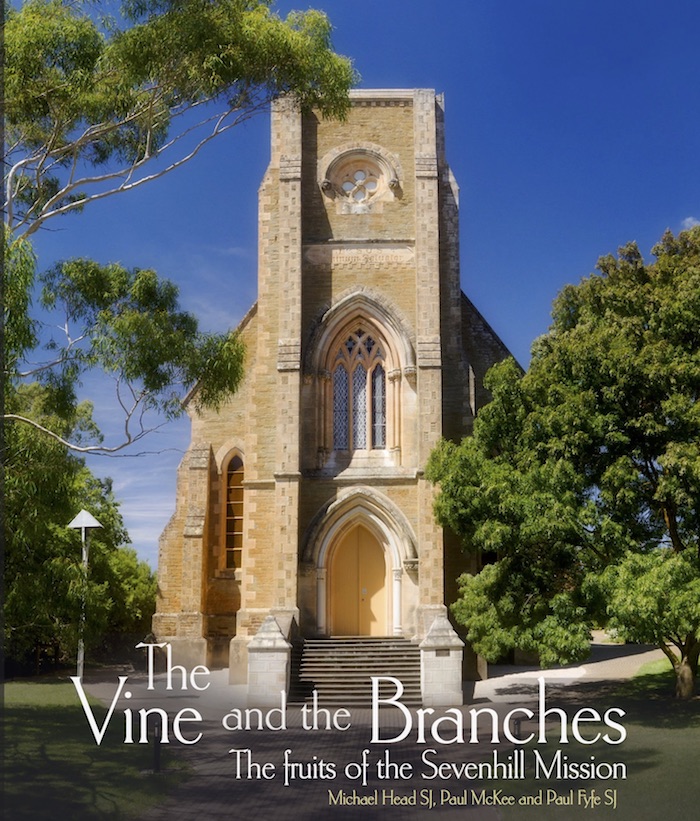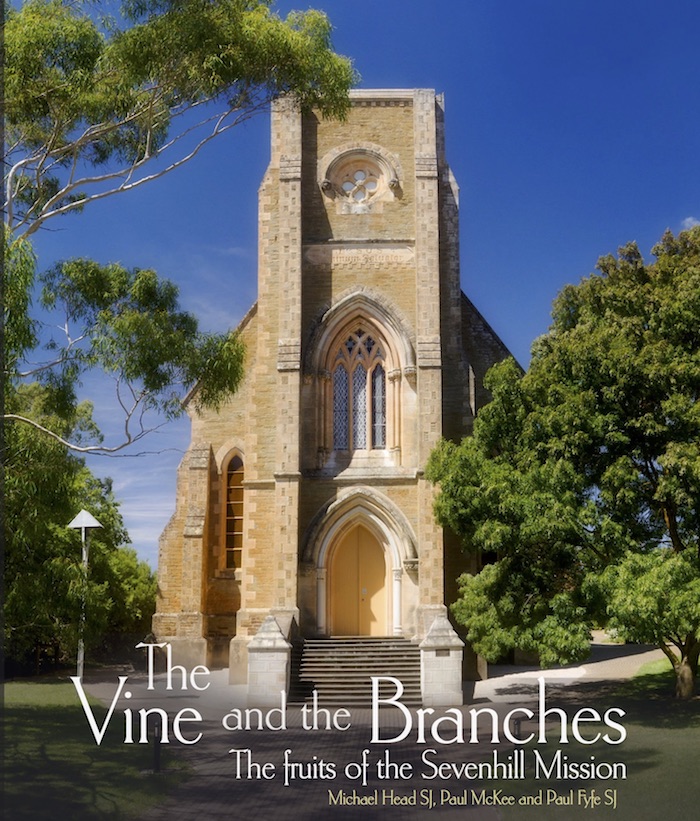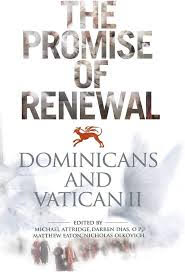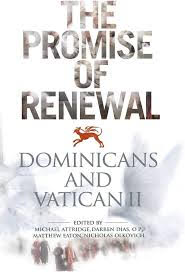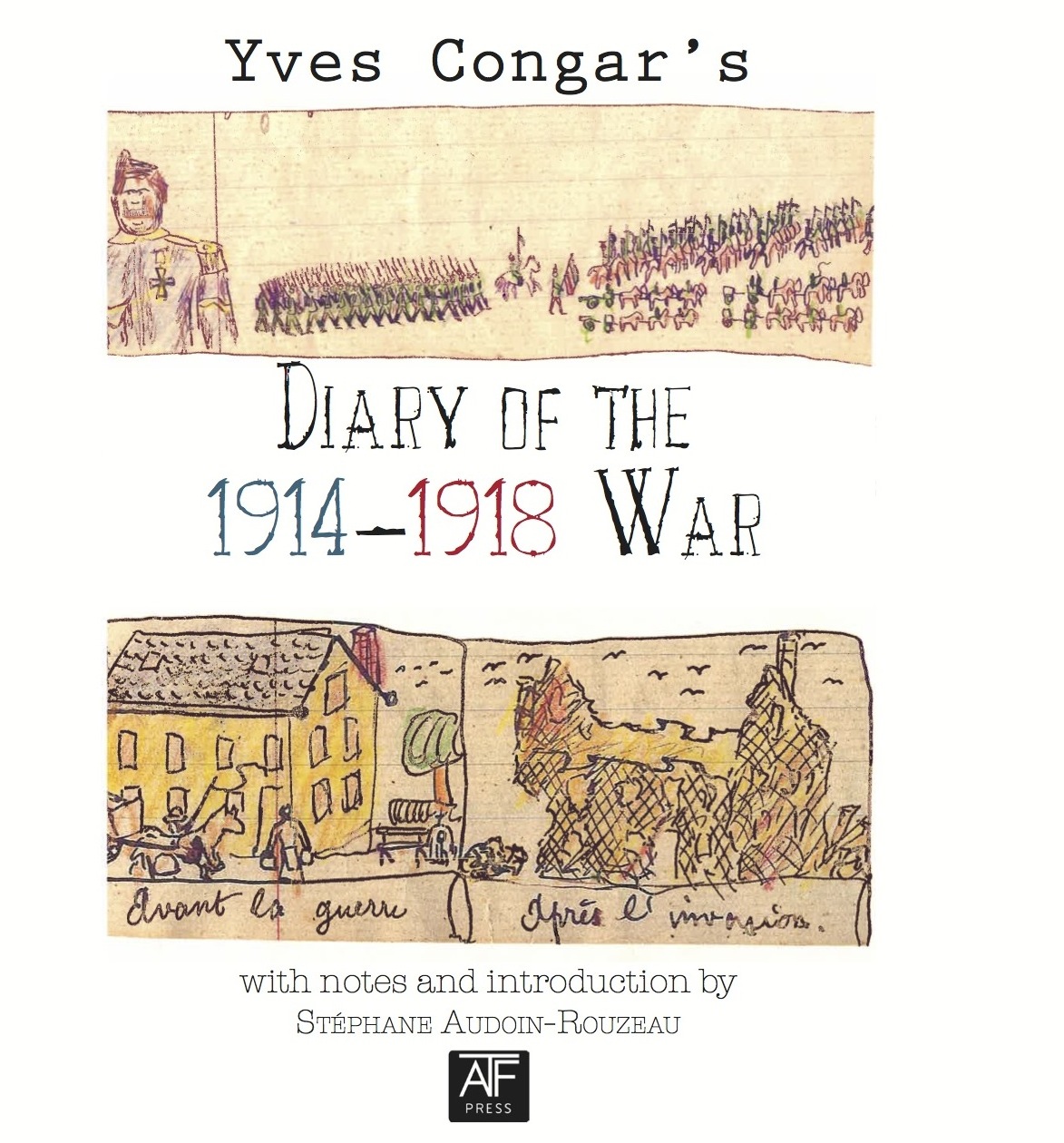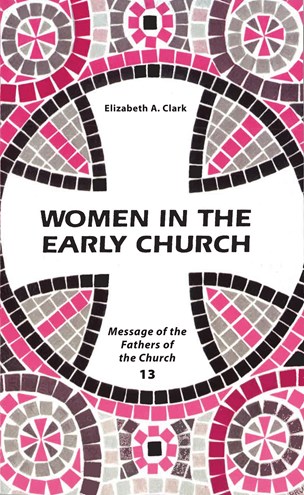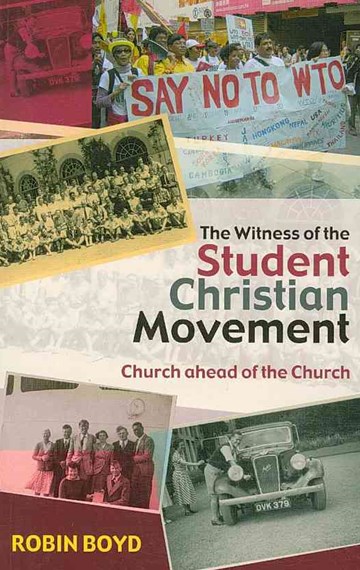This book tells the history of Croatia from its very beginning right up to 1945. In this way, readers would come to realise that the Croatian people are an ancient people who inhabited the region between the Drava River and the Adriatic Sea from the seventh century onwards. The book then deals with the creation of the Independent State of Croatia during the Second World War. Mention is also made of the suffering of the Slovene, German and Montenegrin peoples of the former Yugoslavia.
It is good to acknowledge the past with all the horrors of war and learn to forgive the mistakes that were made. It is also important to think of the present time and the future years to come and strive to improve our understanding of other people from different cultures and nations and not carry the hatred into future generations.
‘This is a masterly book that can change lives. Zvonimir Gavranovic has spent a lifetime studying this and meditating on its wider meaning. His research is impressive, his findings are sure, and his application to everyday life is sound. He knows that nurturing hatred for wrongs done in the past is bad for you. Yet if he urges forgiveness, he does not want us to forget our bloody past. It is a nourishing book.’ — Edmund Campion, Sydney.
Zvonimir Gavranovic was born in 1946 of Croatian parents in the Austrian town of Schärding am Inn. His parents had fled to Austria to escape Communism which had overrun Croatia. In 1950 the family began a new life in Australia, in the South Western region of Sydney. During the last two years of High School he felt called to enter priestly life. He entered St. Columba’s College Springwood in 1966 to begin his studies for the priesthood and completed them at St. Patricks College Manly. Over the years he has had many appointments to various parishes of Greater Sydney. Currently he is assistant pastor at St. John XXIII Parish Glenwood-Stanhope Gardens. He has a special interest in developing relations with all churches and religious faiths, believing that it is integral for all men and women to feel connected and supported in order to foster and promote the wellbeing of the community at large. This book is written in this ecumenical spirit.

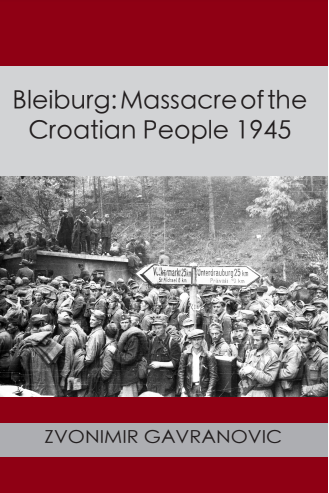
 Back
Back
